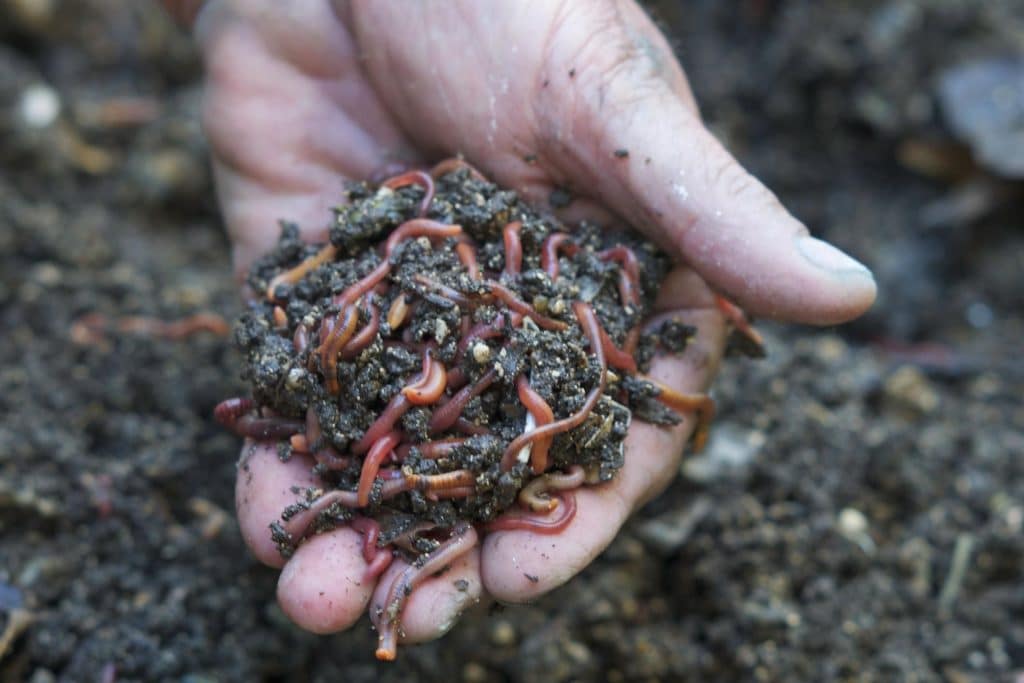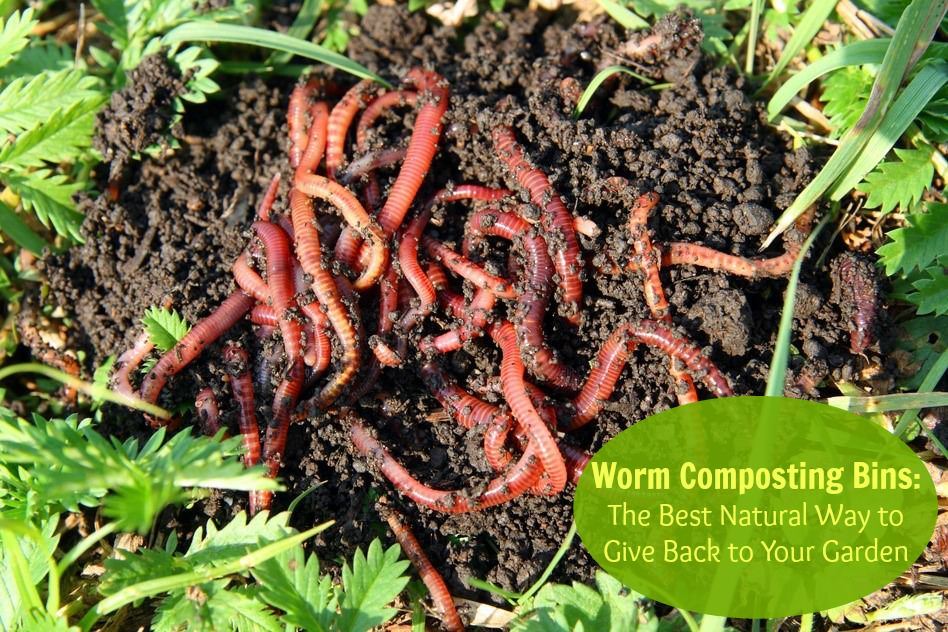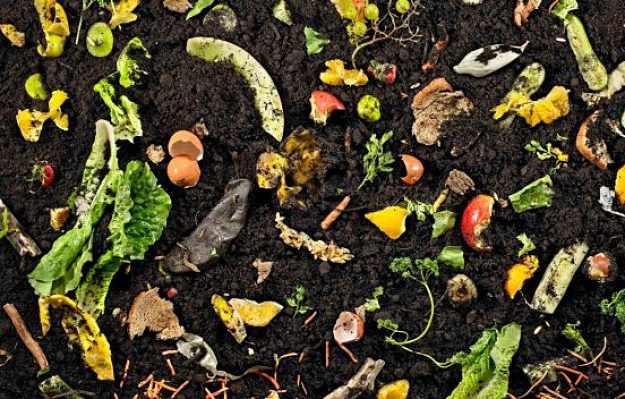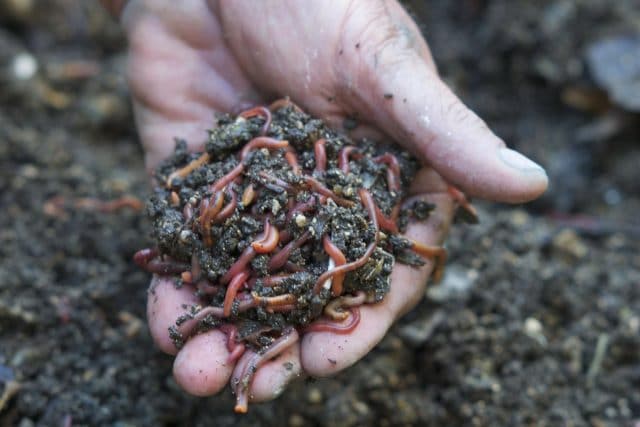
Worm composting your garden primer: The evolution of science and nature in nurturing gardening and farming needs explained.
Worm composting involves using worms to break down organic material and food materials into high quality and valuable soil, or manure. The science behind this is attained through microbiology, chemistry, and biology. These worms break down the food materials producing plant nutrients and excellent soil amendment perfect enough for gardening and other farming needs. Discussed below are a few of the many benefits of worm composting when used with environmentally friendly bins and tumblers.
Keep in mind, if one ever becomes bogged down in details or is looking for seasoned professionals, one can reach out to tree experts vallejo who are always ready to help in your garden.
1. Improves Soil Fertility
Even in the lowest concentration, humic acid has the ability to stimulate rejuvenated plant growth. Aside from this, humic acid promotes microflora development, one of the key factors that lead to proper root development and growth. The deeper or more concentration of humus there is, the better the soil profile, hence improved soil fertility. The fact that humus increases a plant’s ability to absorb nutrient is enough to say worm composting is self-sufficient.
2. Increases Disease/Pest Resistance
Found in worm compost, humus helps remove harmful bacteria, fungi, and toxins from the soil. This creates an ample environment for plant growth and development as it also enriches the plant’s ability to resist diseases and pests. Common greenhouse problems such as damping off and powdery mildew are therefore eliminated with worm composting, and other non-plant problems such as greenhouse glass breakages.
Some types of antibiotics produced by good bacteria, actinomycetes and fungi play a huge role in inhibiting growth and development of certain microbe populations. These antibiotics, (colicine, bacitracin, Terramycin, clavacin, polymyxin, and penicillin) are produced in the process of plant decomposition. The presence of these microbes help influence positive plant growth and relationship and also prevents pest infestation. This is one of the many reasons many people today go for vermicompost that is humus-rich.

3. Regulates Plant Nutrients
One of the main advantages of using humic-rich compost in your garden is that it helps free up nutrients for plants to use. By making these nutrients readily available for absorption, the plant’s growth healthily hence a bounty harvest in the long run. In addition to this, these castings have the ability to fix composition of heavy metals in organic waste as well. This only leaves just enough of these metals for the plants to absorb.
Unlike chemical fertilizers that release nitrogen and other compounds ‘too fast’, humic acid reduces nitrogen uptake. This means the plants can enjoy these nutrients for much longer. There’s also a reduced risk of the accumulation of acid-forming carbon.
4. Optimizes Soil Environment
Worm castings prevent conditions that would make plant growth almost impossible due to extreme pH levels or acidity. The humic acid produced by these worms stimulate increased microbial activity in the soil, which again improves microbe population in the same. These microbes feed on carbon for food, which reduces the concentration of the same, thus an improved soil environment all thanks to the beauty of composting with worms.
5. Improved Soil Structure
The structure of worm compost naturally aids soil aeration while loosening soil particles too. This increases the amount of oxygen in the soil too.
The castings form mineral clusters or aggregates held together by mucus produced by these worms. Thanks to the mucus, the structures can withstand compaction and soil erosion, hence the perfect remedy for both clay and sandy soils. Vermicompost increases the soil’s capacity to retain water by up to 90%, hence increase chances of withstanding drought conditions. The high water retention capacity ensures that your plants get enough moisture and water to support growth through to maturity.








